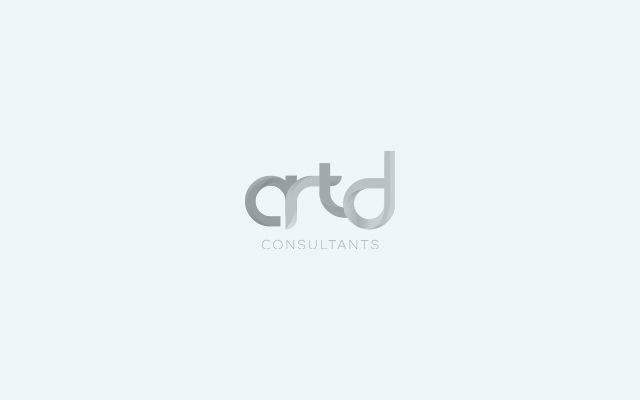
Evaluator Lessons and Challenges – with Sharon
How do you explain evaluation?
I always manage to have jobs that are impossible to explain when someone casually asks you what you do at lunch. Sometimes I think I should just make up a profession but I imagine that could lead to even more awkwardness.
Generally, I tell people that I work with government and not for profit organisations to help them understand if what they are doing is achieving the outcomes they intend, and how they can do their work better. If they want to know more, I talk about an example – my work in suicide prevention for example – bringing together different kinds of evidence and gathering the views of all different people to work out if these programs are helping support people at risk of suicide.
And sometimes I say that the clue is in the name – that it’s about value – does a program have value? What value does it have, and to whom? Whose values are important? Do the value of the outcomes balance the value of the inputs? Is there something of more value that could be done with those resources?
What was your most challenging project and why?
It’s me, hi, I’m the problem, it’s me.
I think the thing that makes projects most difficult for me is that I want to be perfect and make everyone happy, and you can’t always do that. I worked on a project that was very sensitive and important to lots of people, and there were people who didn’t’ think we were the right team to take it on. So we started on a back foot and it pushed all of my people pleasing buttons. But to really do good job means being transparent and also it means sometimes saying no to people. We ended up in a situation where the advisory group had one clear idea of how things should go but we couldn’t do things that way because of the broader context and the client’s views. Navigating that was really hard, but we listened really well, considered things really carefully and were really clear in our communication about what we could and couldn’t do and why. In the end we had a good result that everyone accepted but I did get a few more gray hairs as a result.
What lessons did you learn?
That being respectful and transparent is more important than just making people happy by saying yes all the time. Ultimately, people are satisfied with authenticity and being heard and they can still be happy with an outcome, even if it doesn’t go the way they originally wanted it to. It’s our job as evaluators to give advice and sometimes tell people things they don’t want to hear. But if you can shape the message in way that allows people to know you hear and respect their point of view, then it’s a much more meaningful process for everyone.
What do you know now that you wish you knew when you started in evaluation?
That being an evaluator will be my favourite job ever, so I shouldn’t bother trying all those other things 😊




